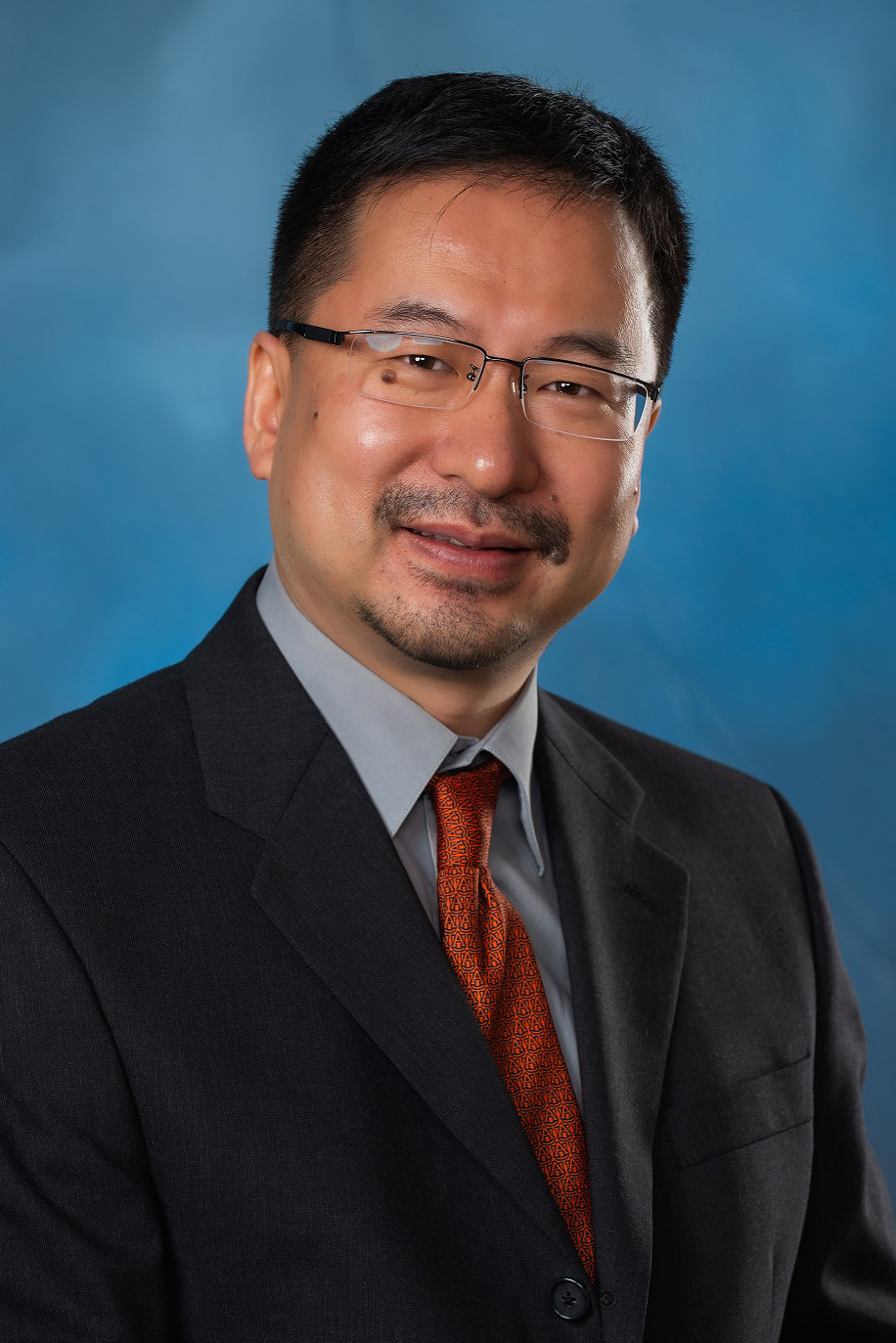Keynote Speech Information - Shiwen MAO

- Professor at Auburn University; Director of Wireless Engineering Research and Education Center, Auburn, Alabama, USA
- Editor-in-chief of IEEE Transactions on Cognitive Communications and Networking
- Multiple awards, including IEEE ComSoc MMTC Outstanding Researcher Award (2023), SEC Faculty Achievement Award (2023), and several best paper awards
Biography: Shiwen Mao (S'99-M'04-SM'09-F'19) is a Professor and Earle C. Williams
Eminent Scholar, and Director of the Wireless Engineering Research and Education Center at
Auburn University. Dr. Mao's research interest includes wireless networks, multimedia
communications, and smart grid. He is the editor-in-chief of IEEE Transactions on Cognitive
Communications and Networking. He received the IEEE ComSoc MMTC Outstanding Researcher Award
in 2023, the 2023 SEC Faculty Achievement Award for Auburn, the IEEE ComSoc TC-CSR
Distinguished Technical Achievement Award in 2019, the Auburn University Creative Research &
Scholarship Award in 2018, the NSF CAREER Award in 2010, and several service awards from IEEE
ComSoc. He is a co-recipient of the 2022 Best Journal Paper Award of IEEE ComSoc eHealth
Technical Committee, the 2021 Best Paper Award of Elsevier/KeAi Digital Communications and
Networks Journal, the 2021 IEEE Internet of Things Journal Best Paper Award, the 2021 IEEE
Communications Society Outstanding Paper Award, the IEEE Vehicular Technology Society 2020
Jack Neubauer Memorial Award, the 2018 Best Journal Paper Award and the 2017 Best Conference
Paper Award from IEEE ComSoc MMTC, the 2004 IEEE Communications Society Leonard G. Abraham
Prize in the Field of Communications Systems, and 10 IEEE best conference paper/demo awards.
Title: AIGC for Wireless Data Augmentation
Abstract: The performance of deep learning (DL) empowered wireless communications,
networking, and sensing depends on the availability of sufficient high-quality radio frequency
(RF) data, which is more difficult and expensive to collect than other types. To overcome this
obstacle, we propose several AIGC approaches to generate synthetic RF data labeled with
specified human activities for multiple wireless sensing platforms, such as WiFi, RFID, mmWave
radar, including a conditional Recurrent Generative Adversarial Network (R-GAN) approach and
diffusion model based approaches. The high quality of the generated RF data is validated by
metrics of Structural Similarity Index (SSIM) and Frechet Inception Distance (FID), as well as
representative downstream tasks of human activity recognition (HAR), where the model trained
with sufficient synthesized data outperforms the model trained by real data.
Time: November 29, 2024, from 10:00 - 10:50 AM (Keynote Session III)
Online keynote:
https://u-tokyo-ac-jp.zoom.us/j/81286389415?pwd=gEC7uGxZtZlgKQHaSyKbawC28BQf90.1
Meeting ID: 812 8638 9415
Passcode: 432208
https://u-tokyo-ac-jp.zoom.us/j/81286389415?pwd=gEC7uGxZtZlgKQHaSyKbawC28BQf90.1
Meeting ID: 812 8638 9415
Passcode: 432208
